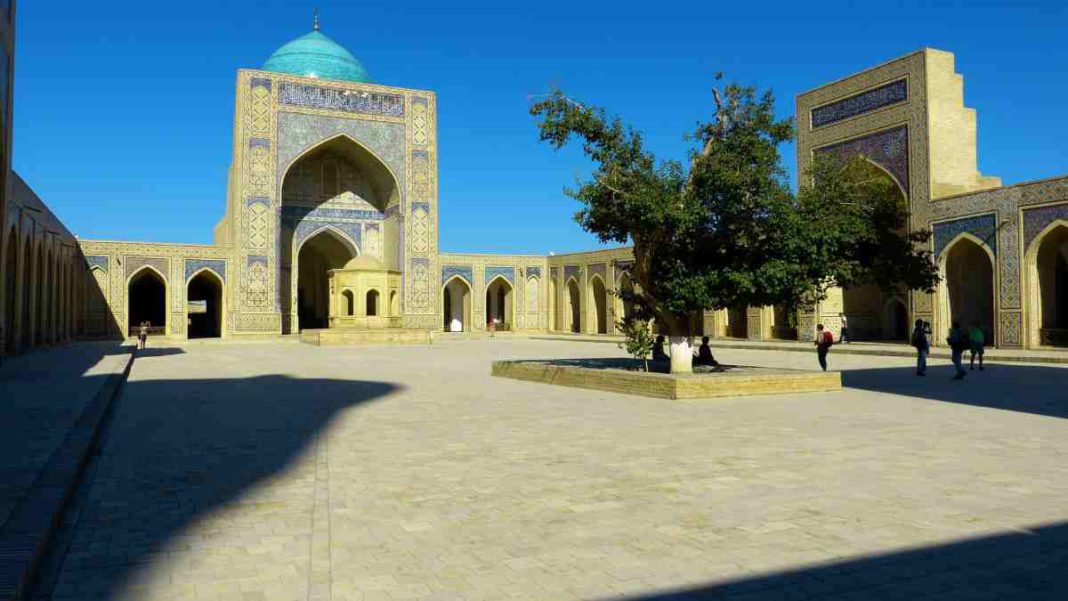UZBEKISTAN: Uzbekistan’s President Shavkat Mirziyoyev has called for an early election to extend his seven-year term following a constitutional amendment that removed term limits. Mirziyoyev assumed office in 2016 after the death of Islam Karimov, who ruled Uzbekistan in isolation. Under Mirziyoyev’s leadership, Uzbekistan has made strides in emerging from virtual isolation.
Mirziyoyev has garnered support, including from Ismailov, 53, who expressed admiration for his progress and support for his work. The political system has witnessed liberalization, with increased foreign trade and the removal of exchange controls. However, competitive elections have never been held in the country, and significant opposition groups or leaders are lacking.
A mother in Tashkent Park, who chose not to provide her name, did not vote due to being busy with her children. However, she believed that Mirziyoyev would emerge as the winner. In April, Mirziyoyev held a referendum on constitutional revisions, resetting his term count and extending future presidential terms to seven years.
Uzbekistan, like other Central Asian countries, is facing the repercussions of Western sanctions against Russia due to the Ukraine conflict. The depreciation of the Russian ruble may lead to a decline in the amount of foreign currency sent home by millions of Uzbeks.
Formerly an energy exporter, Uzbekistan now relies on importing more gas and oil than it produces, benefiting from Moscow’s redirection of exports away from the West.
In terms of politics, Tashkent has maintained a neutral stance, calling for peace in Ukraine while committing to abide by Western sanctions and maintaining normal relations with Moscow.
Mirziyoyev will be running against three other candidates in the election—one from the People’s Democratic Party, one from the Ecological Party, and one from the Social Democratic Party of Adolat (Justice).
Also Read: Dutch Government Collapses over Immigration Policy Disagreements



